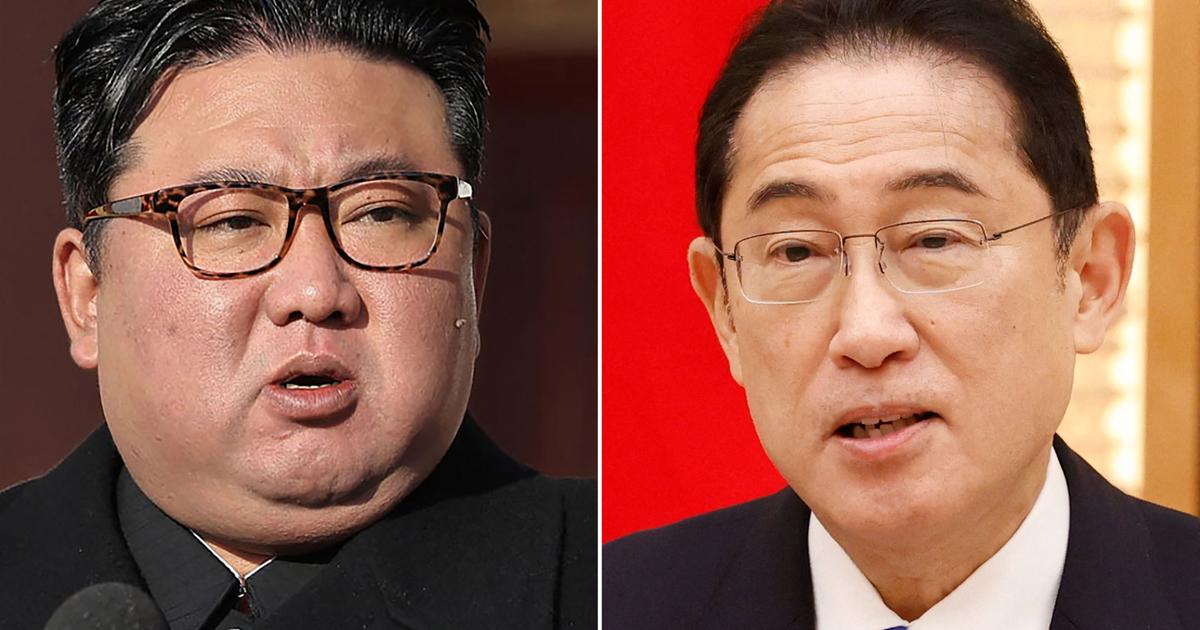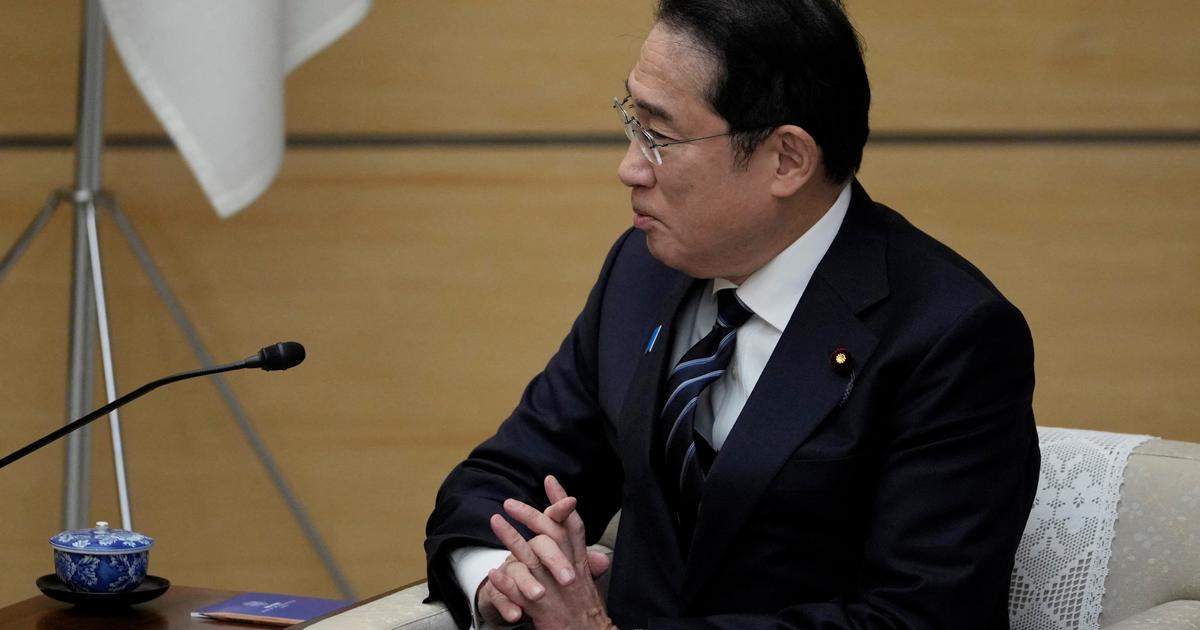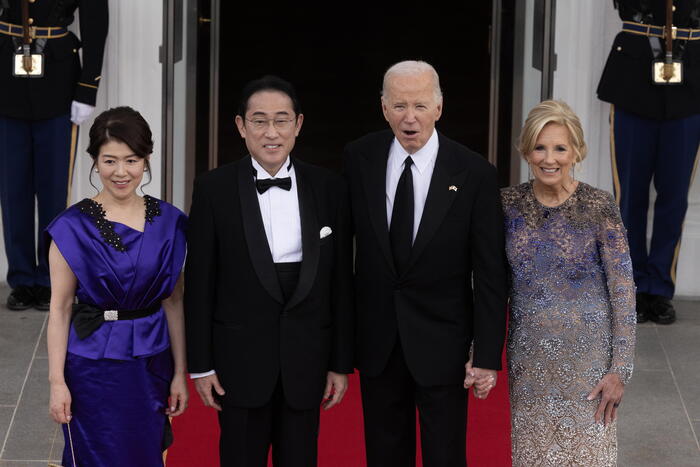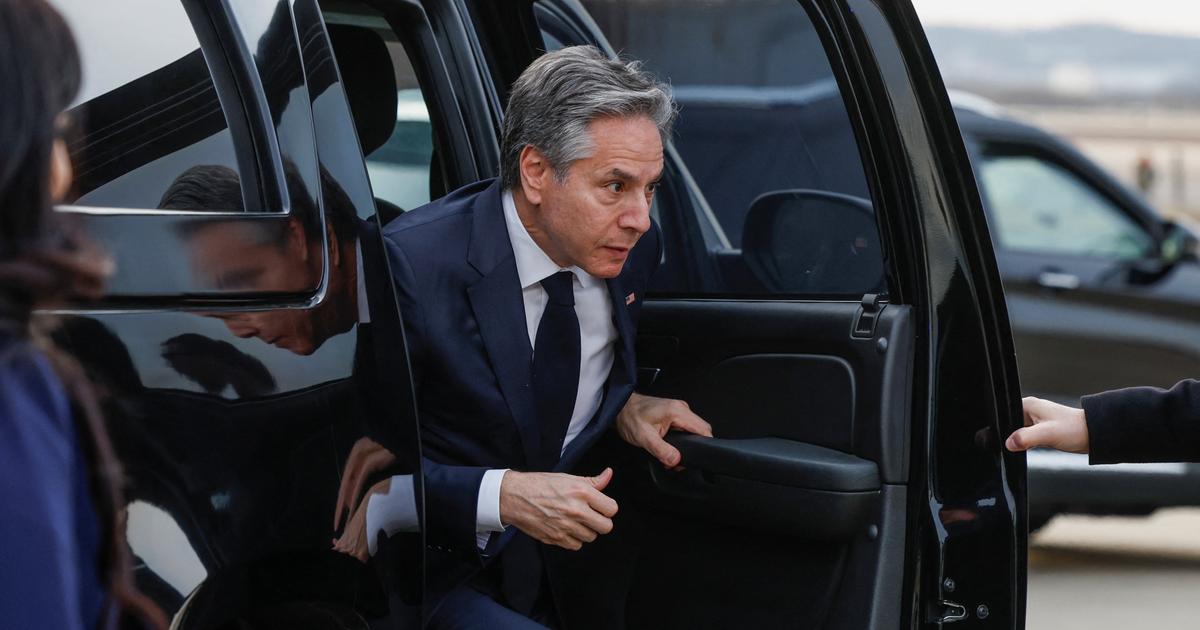Fumio Kishida, Japan's prime minister since October 2021 and host of the G-7 summit being held this weekend in Hiroshima, came to power backed by credentials as a moderate reformist and effective consensus builder. His rise largely responded to what is probably the most significant political sentiment in Japan since the postwar period: the desire for stability.
But a world in brutal turmoil has meant that Kishida, 65, is pushing for very determined political actions in the internal sphere of defense and the economy, and also very prominent movements in the diplomatic sphere. Kishida is a member of the conservative Liberal Democratic Party (LDP), which has ruled Japan almost without pause – but with often fragile executives – since its founding in 1955.
Affable, discreet and endowed with good government experience having previously been Minister of Defense and Foreign Affairs, he was described as Mr. Status Quo. A general election held a few weeks after taking office offered him, with a solid victory, popular legitimacy.
The context of the invasion of Ukraine, the inflationary flare – although this has affected Japan less than other countries – and a deterioration in relations between advanced democracies and China is the framework for reading the impulses that Kishida pilots.
Increasing military spending in a pacifist country
It is in this context that the military reinforcement that the prime minister promotes in a pacifist country since the end of World War II is explained. Kishida announced in December 2022 an increase in military spending from 1% to 2% of GDP over the next five years.
The Prime Minister vigorously reaffirms his Government's attachment to the pacifist values that have marked the country's identity since 1945. Kishida, with family origins in Hiroshima, where he has his electoral college, wanted to organize the G-7 summit in the symbolic city to underscore the rejection of war and weapons of mass destruction. Members of his family were killed in the U.S. atomic attack. But it is clear that the repeated attachment to pacifist values does not exclude that the new Japanese defense strategy represents a profound reversal from the past.
In foreign policy, Kishida has led a clear political alignment with the United States and the EU on sanctions against Russia, and explicitly pronounced a decisive concept: Ukraine can be the East Asia of tomorrow, referring to the risk of an attack by Beijing on Taiwan. Until now, no Japanese prime minister in office has directly linked a possible Chinese invasion of the island to the security of his country, where large U.S. forces remain deployed. Kishida has ties to the island through his family history, as an ancestor of his settled there at the time of Japanese rule, opening a kimono shop.
In Hiroshima, Kishida is trying to boost the connection between the G-7 and other very important partners in the Indo-Pacific region, some clearly aligned with the group, such as Australia and South Korea, and others non-aligned, such as India, Indonesia and Vietnam.
Kishida represents a moderate LDP current, far from the revisionist nationalism advocated by Shinzo Abe, the charismatic former prime minister assassinated in 2022, when he had already left power. But, paradoxically, the turn of international events has led the new prime minister to promote a powerful reinforcement of Japanese defense that was undoubtedly within Abe's ideals.
Kishida distances himself from Abe not only on nationalism, but also on economic policy and leadership style.
The president intends to pursue his own course after the years of Abe's heterodox economic policy – known as Abenomics and composed of monetary incentives, fiscal stimulus and structural reforms – emphasizing as a reference value the reduction of inequality with a series of measures labeled New Capitalism. This also dovetails with a shift towards social cohesion policies that is widespread in advanced democracies.
Last October, the government presented a package worth about 200,000 million dollars [about 185,400 million euros] aimed largely at mitigating the effects of the price increase, especially in the energy sector. The package is in addition to another of about 380,000 million launched in November 2021. Overall, it represents an action equivalent to 13% of GDP.
In terms of political style, Kishida avoids certain touches of prominence and personalism typicalof Abe, which also surfaced in his relations with other international leaders. We can expect in the G-7 a pragmatic, sober style, without histrionics.
Follow all the international information on Facebook and Twitter, or in our weekly newsletter.
Subscribe to continue reading
Read without limits
Read more
I'm already a subscriber

/cloudfront-eu-central-1.images.arcpublishing.com/prisa/ZVZRL6CT66AQEDJPLREOOSFN24.jpg)






